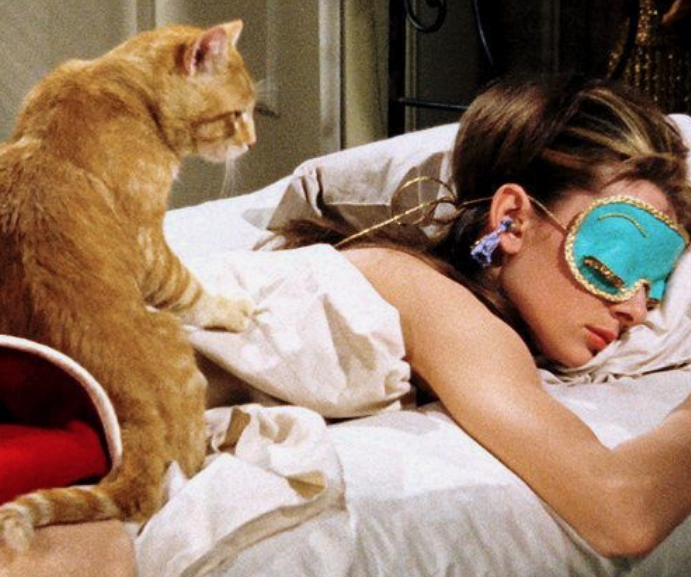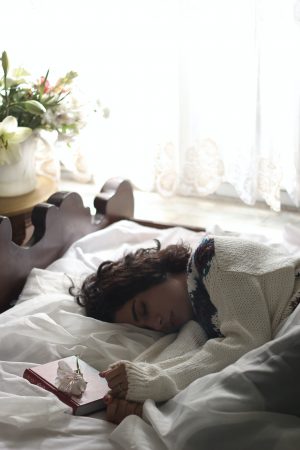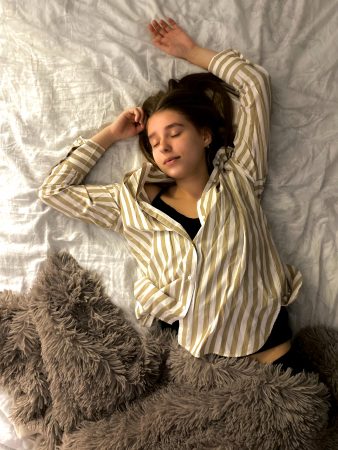When the lights go out and you start simmering down into that perfectly comfortable sleeping position, whether on your side, stomach or even your back (if that’s what you’re into), you might not always realise that certain positions impact how good of a night’s rest you’ll get.
When you’re young and full of health, sleeping whichever way you want to is usually fine, but as the years go by and you accumulate more aches and pains, how you position your body at night matters a lot more.
Back, neck & hip pains
If you struggle with lower back or neck pain sleeping on your back will be your best friend, as Heathline shares. The puts less strain on the muscles and allows the body to still rest without feeling compromised. Sleeping on your stomach will result in you having to twist your neck which ultimately comes with further problems down the line.
Experts like Dr Nick Villalobos share that it can take time to get comfortable with a new position, but you can also modify your go-tos.
For those with hip pains, one solution is to find a comfy pillow to sit between your knees and turn your body to the side while falling asleep. Sleeping on your back can also help, but sometimes we don’t have the best mattresses to support the hips for this position.
Asthma or colds
Many people’s go-to sleeping position is the stomach which might stem back to childhood. Sleeping like this can be an immediate comfort position but in terms of longevity and health, it’s not always the best.
If you are asthmatic or suffering from a cold or flu some doctors recommend sleeping on your side instead. This way you support your respiratory tract and you give your lungs enough support to breathe. This does come with slightly more instructions though – not only should you sleep on your side but it is also encouraged that you sleep on your left side specifically. This is only because the right side has more resistance to the airways, not allowing optimal breathing during the night.
“Sleeping on the side or back is considered more beneficial than sleeping on the stomach. In either of these sleep positions, it’s easier to keep your spine supported and balanced,” shares Sleep Foundation.
Ultimately whichever way you fall asleep will have some sort of effect on your body as you grow older. But, these slight adjustments could make your snooze time just all the more worth it when you open your eyes in the morning.
ALSO SEE:
Featured image: Breakfast at Tiffany’s/Pinterest




